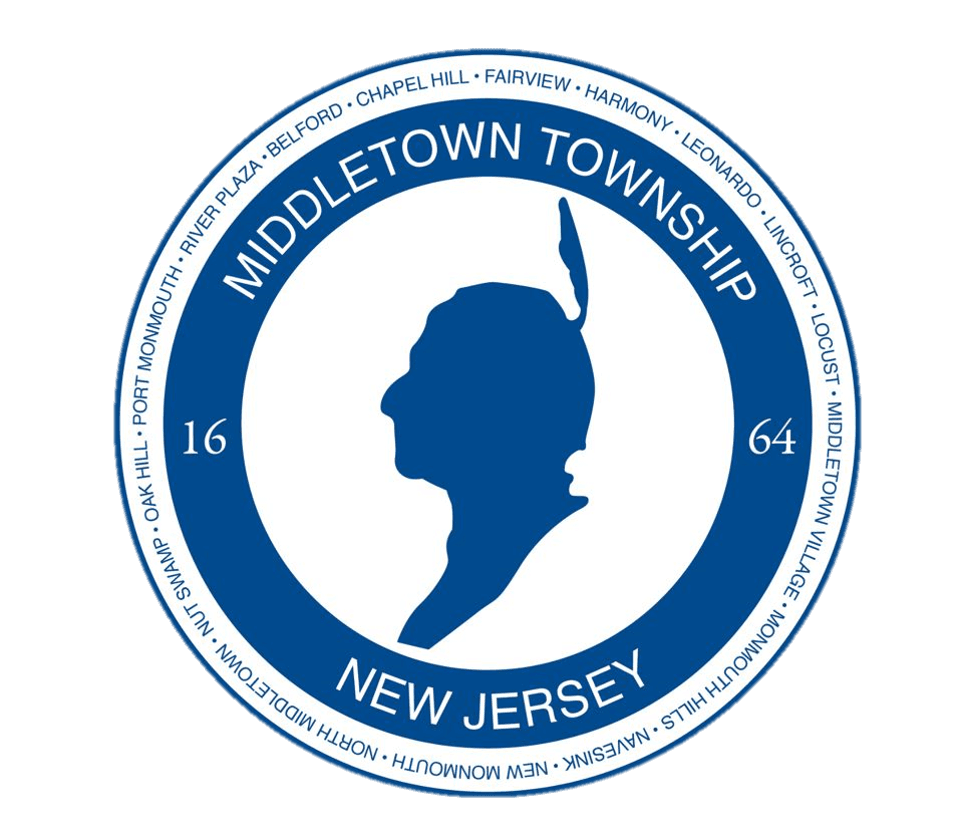MIDDLETOWN – The members of the Township Committee in Middletown have adopted an ordinance that prohibits the licensing of any class of cannabis business in the municipality.
The ordinance was the subject of a public hearing that ran for 65 minutes during the July 19 meeting of the Township Committee. Residents and other members of the public discussed the pros and cons of cannabis businesses with members of the governing body.
Following the public hearing, a motion was made to adopt the ordinance. Mayor Tony Perry, Deputy Mayor Rick Hibell, Committeewoman Patricia Snell, Committeeman Ryan Clarke and Committeeman Kevin Settembrino voted “yes” to adopt the legislation.
Municipal officials in New Jersey have the option to issue six types of licenses related to cannabis:
• Cannabis Cultivator license, for facilities involved in growing and cultivating cannabis;
• Cannabis Manufacturer license, for facilities involved in the manufacturing, preparation and packaging of cannabis items;
• Cannabis Wholesaler license, for facilities involved in obtaining and selling cannabis items for later resale by other licensees;
• Cannabis Distributor license, for businesses involved in transporting cannabis plants in bulk from one licensed cultivator to another licensed cultivator, or cannabis items in bulk from any type of licensed cannabis business to another;
• Cannabis Retailer license, for locations at which cannabis items and related supplies are sold to consumers;
• Cannabis Delivery license, for businesses providing courier services for consumer purchases that are fulfilled by a licensed cannabis retailer in order to make deliveries of the purchased items to a consumer; this service would include the ability of a consumer to make a purchase directly through the cannabis delivery service which would be presented by the delivery service for fulfillment by a retailer and then delivered to a consumer.
Middletown’s elected officials voted not to issue any type of cannabis license. They may not, by law, prohibit the delivery of cannabis and/or cannabis supplies to Middletown addresses by a delivery service that is licensed in another municipality.
Several times during the public hearing, Perry said officials in many Garden State municipalities are voting to ban cannabis businesses from operating within their borders “because there are no regulations, there is no information” from the New Jersey Cannabis Regulatory Commission.
Speakers were divided on whether Middletown officials should issue licenses to cannabis businesses.
One person said Township Committee members should “embrace the new law” that legalized cannabis and “to be a leader in the state.”
A resident of the Ideal Beach section of Middletown offered a different view and thanked the committee members for their “commitment to the residents’ quality of life,” which she said should always outweigh financial considerations.
The discussion among the public and the committee members noted that in November 2020, a majority of New Jersey residents who cast a ballot on a public question voted to legalize cannabis.
However, Perry said the passage of the public question on Election Day did not necessarily mean the people who voted in favor of legalizing cannabis were signing up for the enabling legislation that was subsequently produced by the Legislature and signed into law by Gov. Phil Murphy.
Tony Fiore, a former member of the Township Committee, told the governing body and his fellow members of the public that they “can have marijuana delivered to your door, or go to a town that allows it to be sold, but I could never see the need to have retail shops.”
Regarding revenue that could be earned by taxing local cannabis operations, Fiore said Middletown would not benefit financially from issuing the types of cannabis licenses the state is permitting municipalities to issue.
“This (sale of cannabis) will cost Middletown more than it ever brings in,” he said.
The action in Middletown followed the New Jersey Cannabis Regulatory, Enforcement Assistance, and Marketplace Modernization Act, also known as A-21, which was approved by state legislators in February after New Jersey residents voted in 2020 to approve a constitutional amendment to legalize marijuana.
The state legislation legalizes the use of recreational marijuana (also called adult use marijuana) for certain adults, subject to state regulation; it decriminalizes the possession of small amounts of marijuana and hashish (a marijuana concentrate); and it removes marijuana as a Schedule I (high potential for abuse) drug.
By Aug. 21, municipal officials in every New Jersey municipality must decide whether any or all of the state’s approved cannabis businesses will be permitted to operate within their borders. If they do not act, automatic zoning will permit the operation of cannabis businesses.
Perry said local officials are awaiting regulations that are expected to be forthcoming from the New Jersey Cannabis Regulatory Commission.

